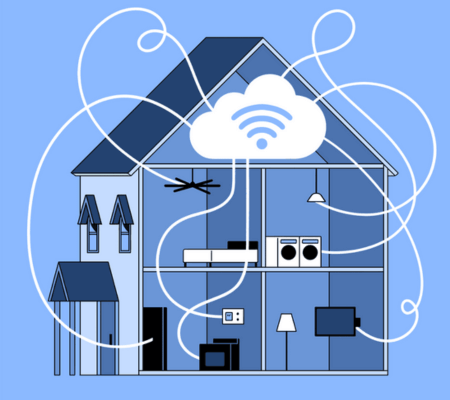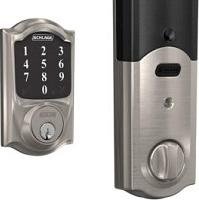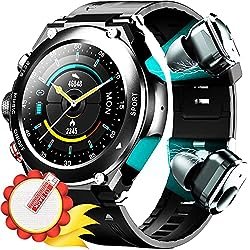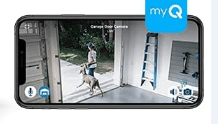Smart locks have gained significant popularity in modern homes, revolutionizing the way we secure our properties. These innovative devices provide a convenient and advanced alternative to traditional locks.
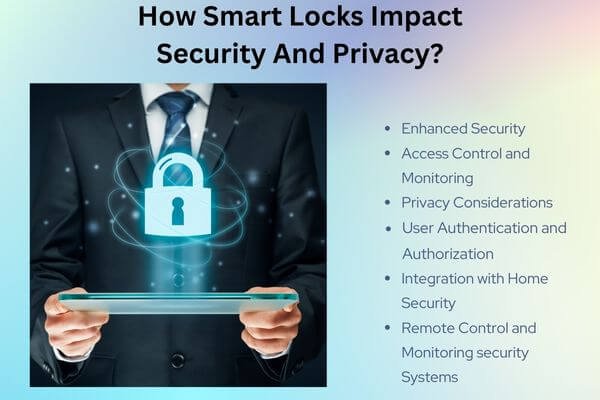
How do smart locks impact security and privacy apps?
Smart locks have revolutionized the way we secure our homes and businesses. With their keyless entry and remote access features, smart locks offer convenience and enhanced security. However, they also raise concerns about privacy and potential vulnerabilities. In this article, we’ll explore the impact of smart locks on security and privacy, as well as strategies to mitigate risks and ensure safe usage.
Related: 10 Best Smart Locks for Bedroom Doors
How Smart Locks Enhance Security
One of the key benefits of smart locks is their ability to provide keyless entry and convenience. Instead of fumbling with keys, users can unlock doors with a simple touch or voice command. This not only makes entry easier but also eliminates the risk of lost or stolen keys.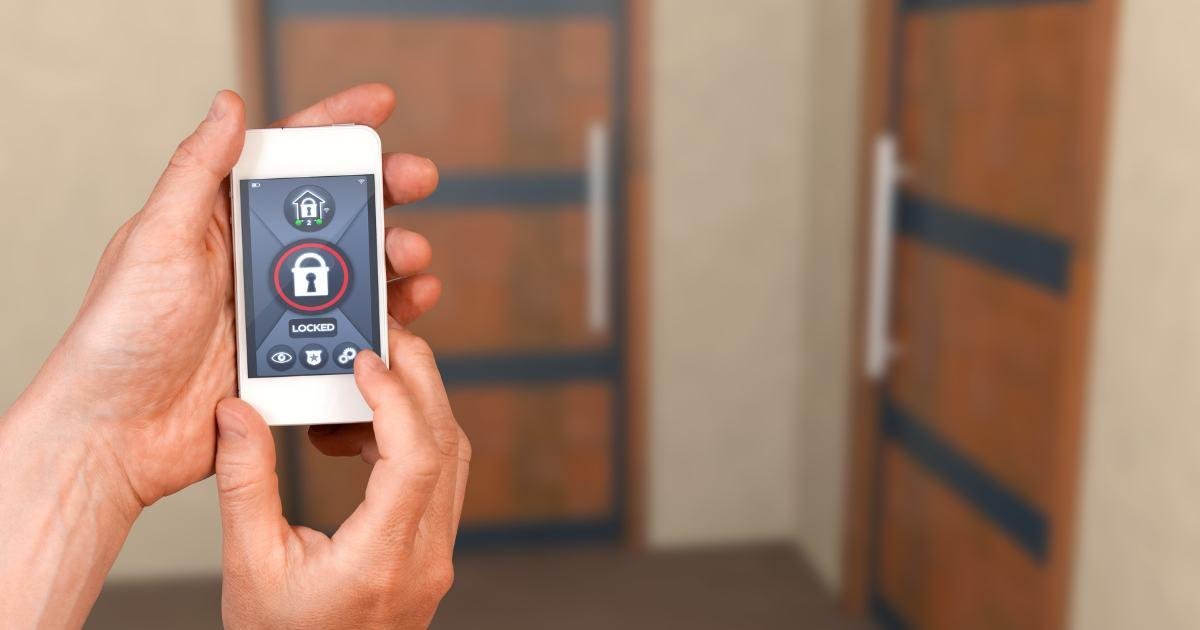
Remote access and monitoring are another advantage of smart locks. Users can control their locks from anywhere using a smartphone app, allowing them to grant access to guests or service providers remotely. Additionally, smart locks can be integrated with smart home security systems, providing an extra layer of protection.
Potential Security Risks of Smart Locks
Despite their benefits, smart locks are not without risks. One of the main concerns is their vulnerability to hacking and cyber-attacks. Malicious actors could exploit security flaws in the lock’s software or hardware to gain unauthorized access. Additionally, smart locks rely heavily on technology, which means they could fail due to technical issues or power outages.
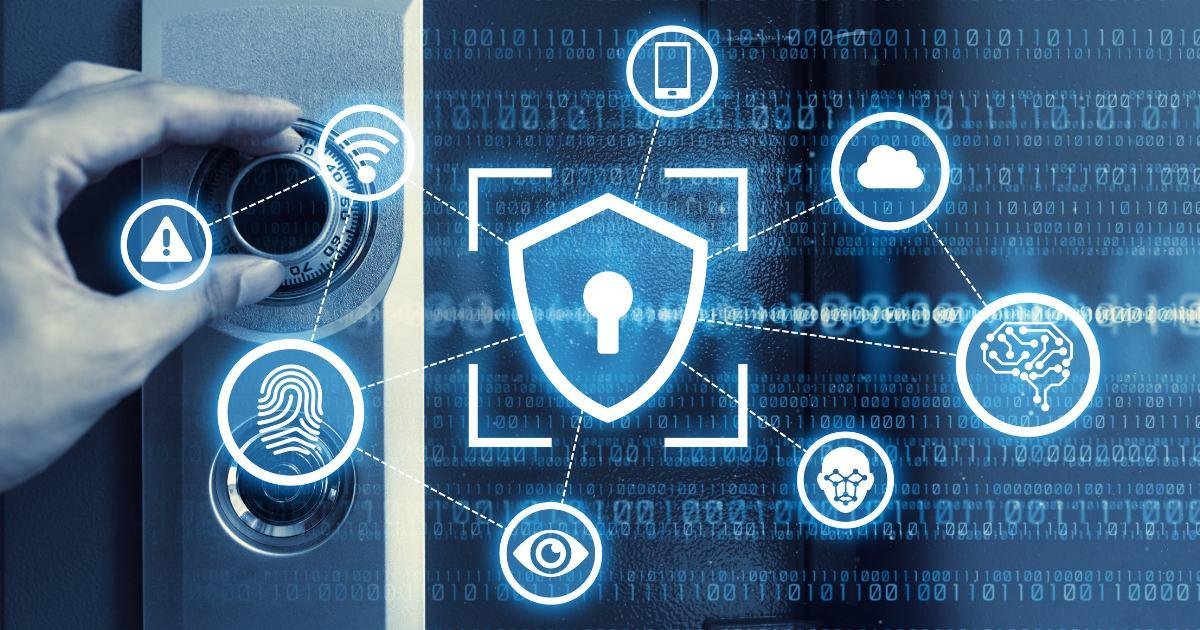
Privacy is another concern with smart locks, particularly regarding data collection and sharing. Smart locks may collect information about users’ entry and exit times, which could be used for surveillance purposes. There’s also the risk of unauthorized access to this data, either through hacking or improper data handling practices.
Strategies to Enhance Security and Privacy
To mitigate the risks associated with smart locks, users can take several steps. Firstly, it’s important to use strong passwords and authentication methods to secure the lock’s access. Regular software updates and security patches should also be applied to protect against known vulnerabilities.
Monitoring access and usage logs can help detect suspicious activity and unauthorized access attempts. Additionally, users should be aware of the legal and regulatory considerations surrounding smart locks, such as compliance with privacy laws and regulations.
Legal and Regulatory Considerations
Smart lock users should also be aware of their legal rights and responsibilities. Compliance with privacy laws and regulations is crucial, as failure to do so could result in legal consequences. Users should also consider liability and accountability in case of security breaches, as well as their rights regarding data protection.
User Adoption and Awareness
Education and awareness are key to ensuring the safe and secure use of smart locks. Users should familiarize themselves with the features and risks of smart locks, and seek out reviews and recommendations for secure use. Consumer feedback and experiences can also provide valuable insights into the effectiveness of smart lock security measures.
Mitigating Security and Privacy Risks
Absolutely! Regular software updates, strong, unique passwords, and using two-factor authentication are crucial for mitigating security and privacy risks with smart locks. Here’s a bit more detail on each point:

- Regular Software Updates: Manufacturers often release updates to fix vulnerabilities and enhance security. Regularly updating your smart lock’s firmware helps protect it against new threats.
- Strong, Unique Passwords: Using a strong, unique password for your smart lock reduces the risk of unauthorized access. Avoid using easily guessed passwords and consider using a password manager to generate and store complex passwords.
- Two-Factor Authentication (2FA): Enabling 2FA adds an extra layer of security by requiring a second form of verification, such as a code sent to your phone, in addition to your password. This significantly reduces the risk of unauthorized access even if your password is compromised.
By implementing these measures, you can significantly enhance the security and privacy of your smart lock.
Conclusion
Smart locks offer many benefits in terms of security and convenience. However, they also pose risks to privacy and security. By following best practices and staying informed about potential risks, users can enjoy the benefits of smart locks while minimizing the associated risks.

